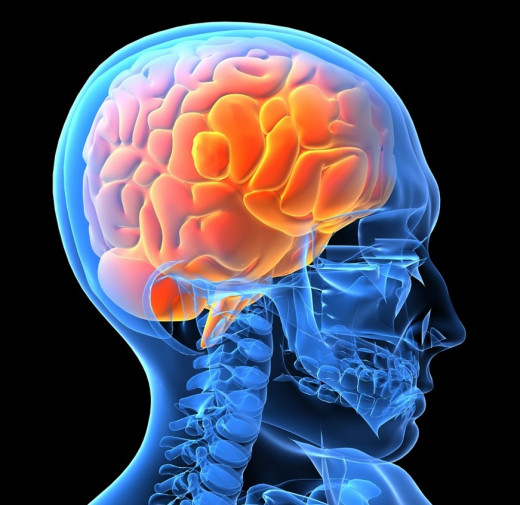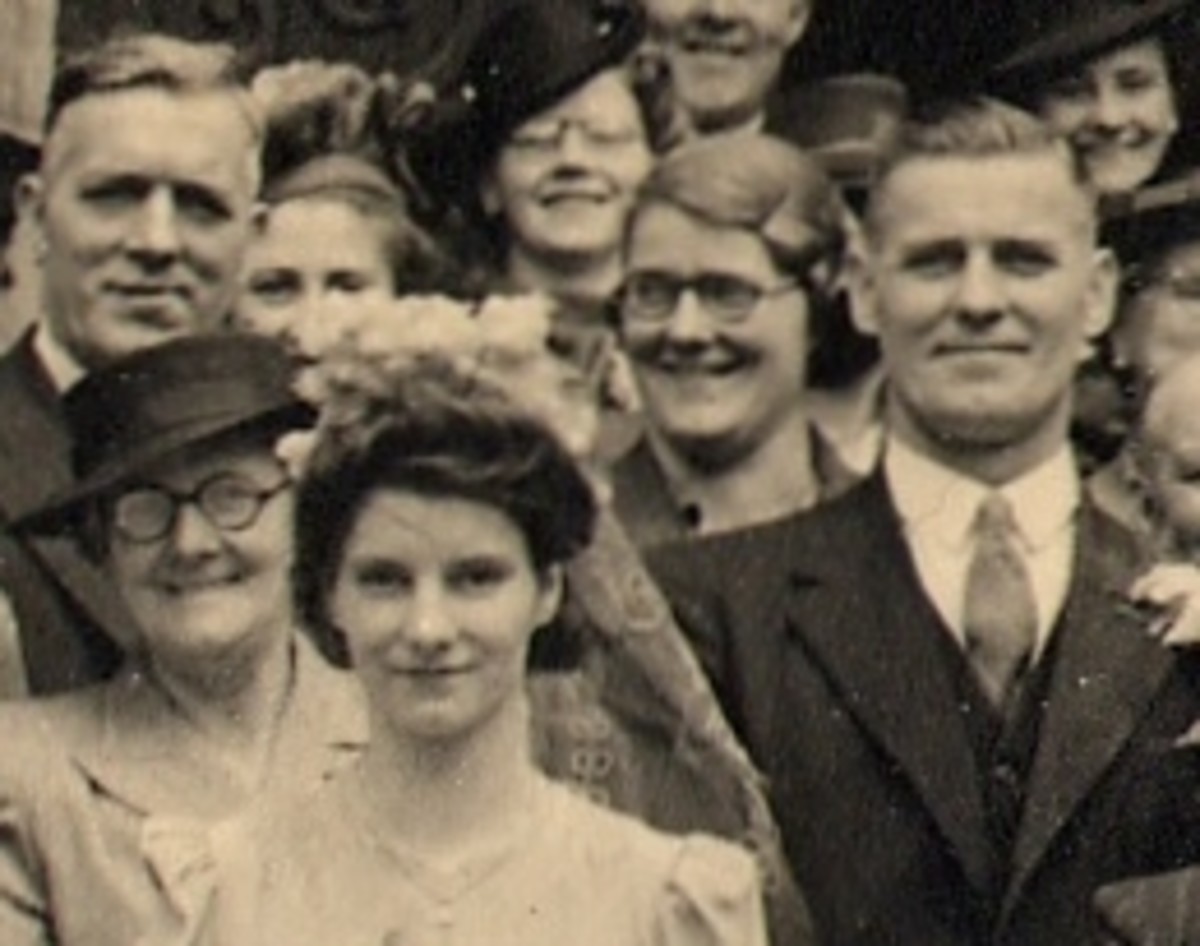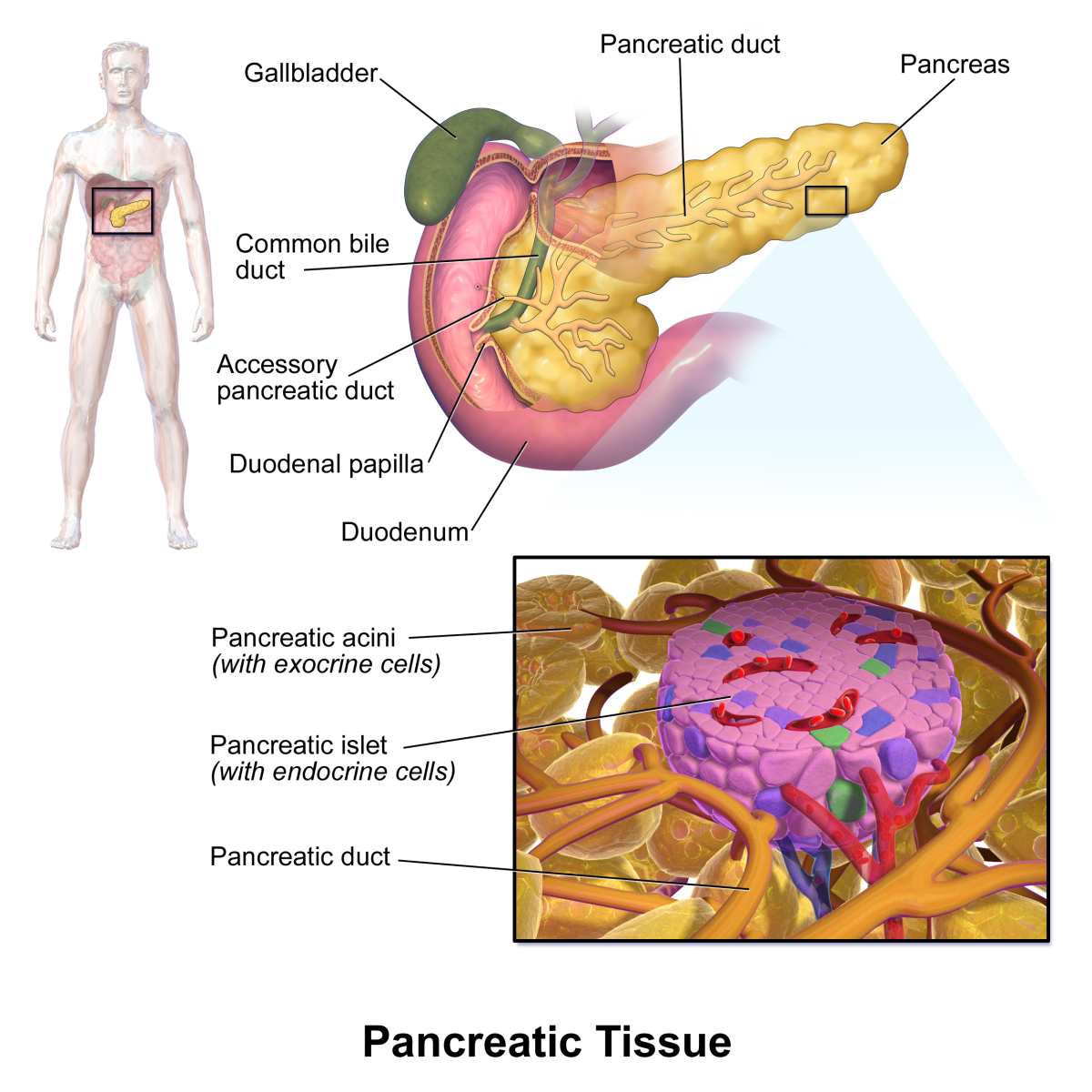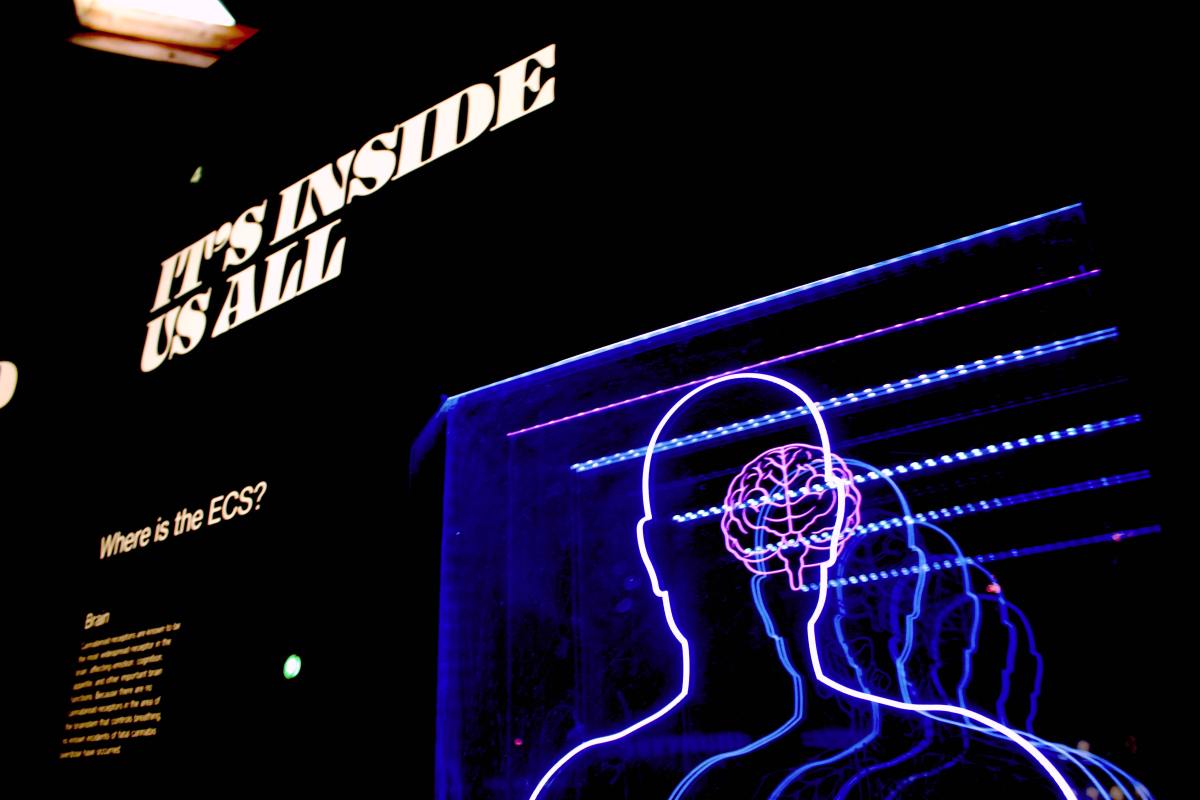Alzheimer's Dementia - How To Avoid Getting Arrested

Alzheimer's disease is more than a health concern. Your loved one could actually be arrested by the police. Let's talk about how you can avoid the stress and embarrassment of an arrest.
The dementia that is associated with Alzheimer's disease can cause significant legal problems for your family. Your loved one who has Alzheimer's may still be quite functional but underneath the surface is a problem waiting for an opportunity.
You won't notice it at first. In fact, you'll explain it away as one of those things that you just can't explain. But you won't worry about it. It manifests with foreign objects appearing in your home or vehicle that you've never seen before. Maybe you found a pair of sunglasses in your car. Or perhaps a pair of gloves appeared on your dining room table. You ask around but no one seems to know anything.
If you're lucky, your intuition will kick in before you have to deal with an arrest. That's right. Some people with Alzheimer's begin to pick up things that don't belong to them. They slip them in a pocket without conscious thought and suddenly the stolen items are in your home or car. It's a shocking moment, when you realize your loved one has become a thief.
What Can You Do?
Obviously you can't return the items to their owner because you have no idea where they came from. And you probably already have your hands more than full just trying to get through the day. You can't fix what has happened but there is something you can do to protect your loved one when the time comes and they get caught. And they will get caught.
As Alzheimer's progresses, your loved one may lose their capacity for reasoning. They won't be aware that it's not okay to pick something up in a store and put it in their pocket. The behavior is almost squirrel-like and honestly, your loved one doesn't have a clue they are doing it. When the store camera catches them and the police or security staff descend on you, your loved one will be just as bewildered as you are.
Head for your physician's office!
Don't wait until there is a problem. Do this now.
- Ask your physician for a letter stating that your loved one has Alzheimer's and may pick up things that don't belong to them.
- Carry it with you everywhere you go.
- When a problem arises, show the letter to the authorities.
It's been said that an ounce of prevention is worth a pound of cure. That was never more true than when you are dealing with Alzheimer's disease. You have an opportunity to head off a problem before it begins. Do it now and, save yourself from the worry and protect your loved one from the humiliation of being treated like a thief.

Learn More
- Alzheimer's Foundation of America
Learn about the warning signs of Alzheimer's Disease. - Care Center | Alzheimer's Association
Sign up for e-news from the Alzheimer's Association
Understanding Alzheimer's
To garner a little understanding of Alzheimer's dementia, it is helpful to understand the basics of the human brain.
Although a complicated network of components, the brain has three primary components.
- The cerebrum is the largest component of the brain and takes up most of the space in the head. It controls memory, movement, and the ability to solve problems.
- The cerebellum is located at the back of the brain. It controls balance and coordination
- The brain stem sits in the lower back of the head and is the life center of the brain. Connected to the spinal cord, it controls breathing, blood pressure, heart rate, and digestion.
In order to function properly, the brain needs oxygen which is carried to the brain by a complex network of blood vessels. The surface of the brain, the cortex, is a road map to the everything we do, from interpreting sight and sounds to storing memories. It also is the center for making plans, solving problems, and, for involuntary movement.
The serious work of the brain takes place in it's more than 100 billion individual nerve cells called neurons that carry the signals through the neurons to form thoughts, feelings and, memories.
Alzheimer's disease targets and destroys the neurons, resulting in progressive loss of the ability to think, feel, and remember.
The result is someone who no longer has the capacity to think about taking something that doesn't belong to them. They are no longer able to feel the guilt of taking something that doesn't belong to them. And, when asked, are unable to remember taking something that doesn't belong to them. It's a perfect recipe for an arrest.
© 2012 Linda Crist, All rights reserved.
Please, take 2 minutes and watch this short explanation of Alzheimer's.

Learn More About Life with Alzheimer's Dementia
- About Alzheimers - The Decision, Fear, And Grief
If you don't know about Alzheimers, you need to. It will eventually affect you or someone you love. It is a difficult journey but with the help of friends and family, you will not travel this road alone. There is still joy in living. - Alzheimer's - How You Can Help Keep The Memories Ali...
As the population of elderly grows, each of us will eventually lose someone to Alzheimer's Disease. There are ways to help your loved one retain those memories and find joy in them one more time. - The Words I Just Can't Say
Thoughts on making the decision to put a parent in a nursing home facility.









